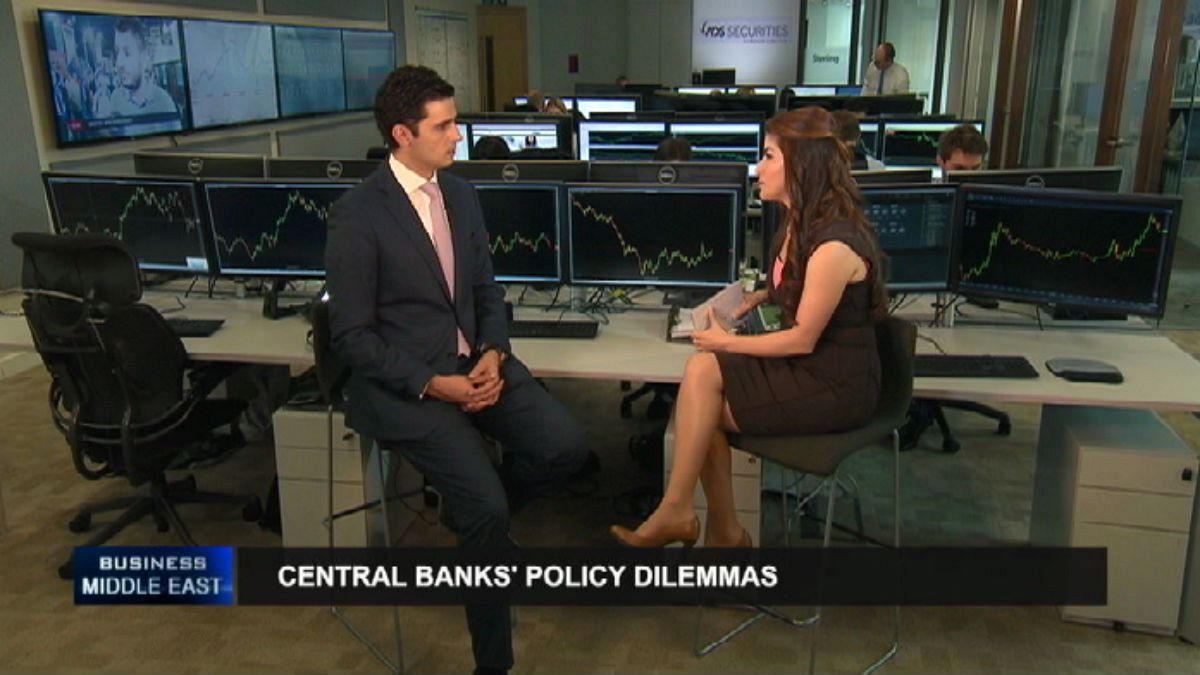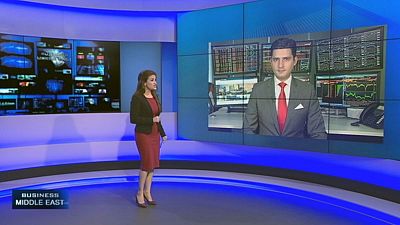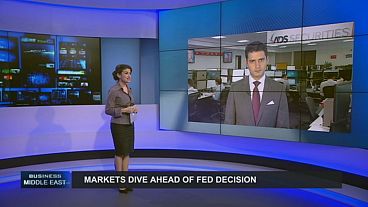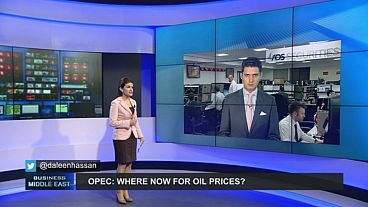The Federal Reserve, Bank of of England and the People’s Bank of China. three central banks play a hugely influential role in the performances of the
The Federal Reserve, Bank of of England and the People’s Bank of China. three central banks play a hugely influential role in the performances of the stocks, commodities and currencies market
In the first quarter the Bank of England was optimistic about raising interest rates. However plummeting oil prices, fears of a global economic slowdown and not-so-encouraging UK economic data caused the bank to wait for better conditions.
Now, September has delivered some positive signs, particularly the latest UK inflation report and jobs and retail sales figures. These have led Bank of England Governor Mark Carney to talk confidently of an interest rate hike towards the of first half of 2016.
The outlook for higher interest rates in the US is less certain following policymakers’ statements. Previous promises have been broken. Now there are conflicting messages following last month’s recent Jackson Hole meeting, where some talked about raising the rate while others invoked the possibility of further QE.
Looking for outlook
The Fed has fuelled market anxiety with its announcement last Friday of no rate change. Fed Chair Janet Yellen indicated that external economic developments would have to be monitored before deciding on any change to interest rate policy.
To shed light on the outlook of these big three central banks on the fourth quarter of the year Daleen Hassan spoke to the Chief Market Strategist at ADS Securities, Nour Eldeen Al Hammoury.
Daleen Hassan
“Nour, how have the policies of the US, UK and Chinese central banks changed from the first quarter of this year and till now?”
Nour Eldeen Al Hammoury
“Starting with the Chinese, the bank was ready to intervene if the economy slowed further, and this is exactly what happened – the bank intervened many times to support growth. As for the BOE and the Fed, both banks were hoping for a rate hike from record lows lasting more than seven years. However, they couldn’t do it as fears of a global economic slowdown increased significantly, leading the banks to hold the rates unchanged, as we saw last week from the Fed, The the rate hike might now be in December or in 2016.
Daleen Hassan
“There have been many questions about FED policy. Hints of interest rates rises have been followed by postponements of rises several times. In a recent statement Janet Yellen blamed the uncertain outlook on the global economy, saying it’s too ambiguous. What do you make of the Fed’s position?
To hike or to hold
Nour Eldeen Al Hammoury“Yes, the Federal Reserve has delayed the rate hike once again, which has increased the level of uncertainty in the market. Everyone has been waiting for a clear path to follow. However, the Fed added to the uncertainty. It’s caught between a rock and hard place raising rates might hurt global debt denominated in US dollars, representing more than 60% of the world’s debt. On the other hand, if the Fed leaves the rates on hold for longer, it might find itself behind the curve and may have already missed the cycle, which would lead to further slowing down.” Daleen Hassan“Lets talk about Bank of England policy. At the last meeting it seemed more clear-cut, the opposite of the Fed. If we compare two banks, why is the Bank of England considered more transparent than the Fed? Nour Eldeen Al Hammoury“The difference between the US and the UK is that economic developments in the UK are more stable and more positive. We’ve have seen positive figures, especially in growth and jobs. In the US, the jobs figures aren’t stable yet, along with the GDP figures. Therefore, the BOE has more room than the Fed to start raising rates, while the Fed may continue to delay. It’s possible to say that things in the UK are more stable than the US, which gives the BOE more credibility than the Fed.” ### The China factor
Daleen Hassan“What role could the Chinese central bank play in influencing the policies of other central banks, and the markets as well? Nour Eldeen Al Hammoury>
“China has shown how much it can affect the global economy and the global markets, especially after what happened a few weeks ago. The decline in the Shanghai Composite Index led to massive fears across all global equities. However, China should not be blamed. It has led the global economic recovery after the financial crisis, and the current slowing down is healthy sign of growth to come. This is the economic cycle.
“The ones to blame, I think, are Europe, the US and some Asian countries, who have failed to implement the needed reforms in their economies after the crisis.
Therefore, it’s not China’s fault. China has led the global economic recovery for more than seven years now.
Daleen Hassan
“How could the central banks decisions impact on stock markets and currency and commodities markets in the Middle East?
Nour Eldeen Al Hammoury
“The central banks decisions have always affected MENA region equities, especially the Federal Reserve’s decisions on whether to raised or hold interest rates.
The latest decision wasn’t positive for the MENA region, as the Fed increased the level of uncertainty in the markets again.
“However, there were some positive factors for the Middle East. The Fed’s decision to hold rates and the dovish statement that came with it may put more pressure on the US dollar, which in turn it might lead to a stabilization of crude oil prices, at least in terms steming the flow. Therefore this should also be positive for the region’s equities, or at least slow down the recent rate of decline.”



